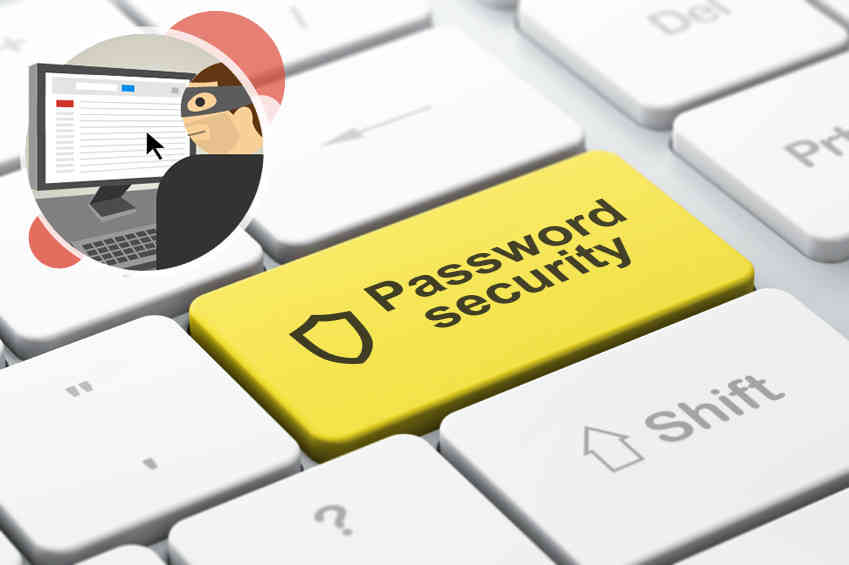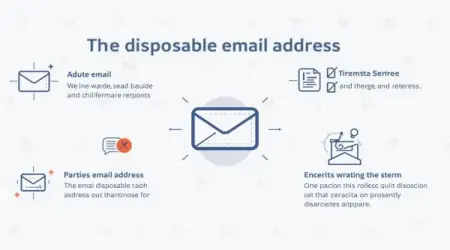How to secure your emails and accounts!

Today, the need to secure online accounts and email verification is essential. With data breaches, hacking, and phishing attacks gaining traction, it is unsurprising that people are clamouring for email and account security. This guide will provide you with some of the best methods of safeguarding your data.
Introduction
It cannot be stressed enough, but email and account security are on the priority list, and for all the right reasons. Your email contains some of the most critical information, such as links to your resourceful social media profiles, online banking accounts, work accounts, etc., all of which attract hackers. Employing reasonably simple practices can considerably decrease the risk of breach.
Outline the objectives to be covered in What to include in the introduction, but keep the scope of the email broad.
Addressing the Second Issue: The Issue of Email Security
Many emails contain sensitive information such as bank account numbers, credit card numbers, social security numbers, and even usernames and passwords for other accounts. If such information falls into the hands of an outsider, it can be used to impersonate, rob money, or engage in other fraudulent activities. This means that there is always a need to secure email accounts and addresses, not only for individuals, but standards need to be created in this context for the world’s global center.
Isolation of Common Security Threats
Phishing: Bandits and thieves conceal their criminality and deception by sending emails that seem real to bestow information.
Brute-force hacking of your password: Attackers employ stress management in addition to their intelligence skills, like guessing, to access your account(s).
Malware and other viruses: Any source of harm attempts to implant in another device and retrieve any sensitive data.
Free and Public Wi-Fi Connectivity: Employing the accessibility of these widespread networks permits intrusion.
7 Tips to Get Reviews for Your Business
How to Secure Your Emails and Accounts
Strong Passwords
Strong passwords will always be made up of distinct elements that are letters, digits and symbols; complex and unconventional use of certain ordinary and individual subjects, such as the person’s date of birth should be avoided and information such as G!7nF$3kLz is highly advisable.
Two-Factor Authentication
Two-step verification, also known as 2-factor authentication, adds another level of security. A person who is confident of getting past the first level, i.e., knowing the password, will still be unable to display the second level, which is a verification code sent via SMS.
Passwords should be updated regularly.
It is recommended that you change your passwords every few months to avoid someone being able to access your account permanently. Also, please don't use a single password for multiple sites.
Avoiding Phishing Scams
Due to some very sophisticated phishing emails being sent lately, be careful about external content and links in emails. If in doubt, call the company instead of following suspicious links.
Using Non-WiFi Email Services
To protect yourself further if someone tries to steal your email, you should consider using an additional service that encodes your email content so that only recipients can read it.
Best Practices for Account Security
Taking a Stand Against Spammers
If you see any unusual activity on your account, such as logins from different countries or requests for password reset emails, report that immediately. Most email services will alert you regarding unauthorized access attempts.
Timelines For Real-Life Scenario Accounts
To prevent unauthorized access, it is prudent to check your record’s access logs occasionally. Whenever something suspicious is found, rest assured that most of the time, the issue can be resolved without any lasting damage.
Never Utilize Free Internet
Farmers are not known for their secrecy. They are known to advertise their services loudly. Free internet is one such thing that hackers love. If it is absolutely necessary for you to actively engage in free internet actively, consider employing a VPN solution.
The Importance of Protecting Your Devices
Install passwords or biometric features on your devices, as these are typically the entry points for your accounts. Also, update your software regularly, as updates usually have security fixes.
Most Useful Tools For the Security of Email and Accounts
Password Managers: They can save you strong passwords that they generate, so you do not forget them in multiple accounts.
Antivirus Software: Protects from a variety of malware, spyware and phishing.
Virtual Private Networks (VPNS): Encrypting your internet connection can help make your data harder to access for hackers.
Conclusion
In this way, it is possible to improve the protection of emails and other accounts from any unauthorized access. With this knowledge, you should be cautious and aggressive against any potential threats, even when engaging in routine activities.









